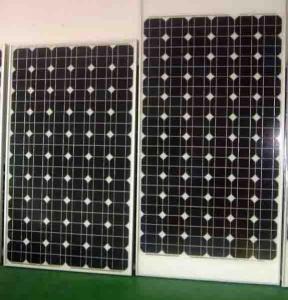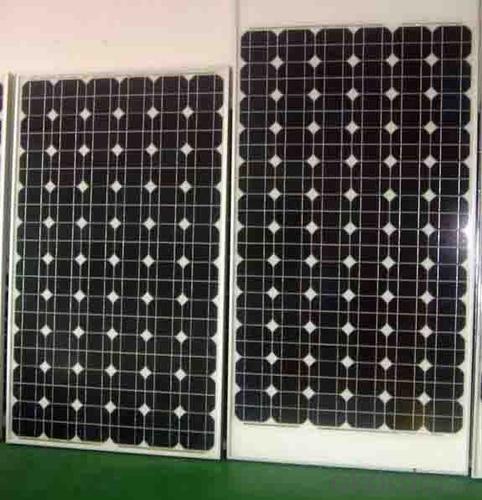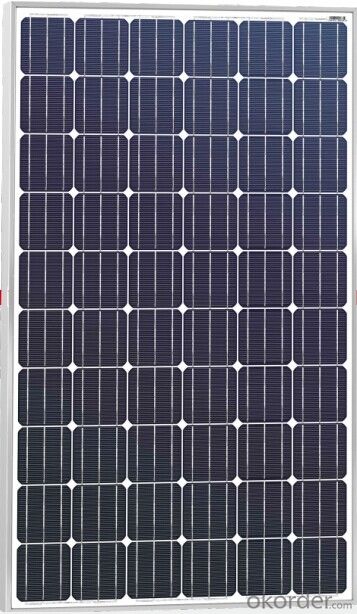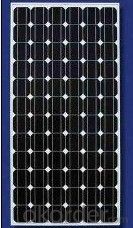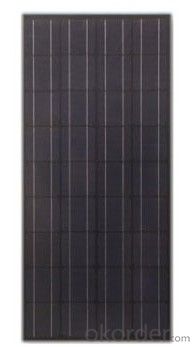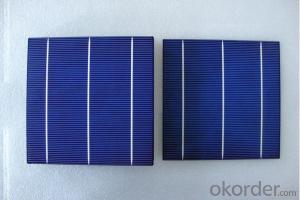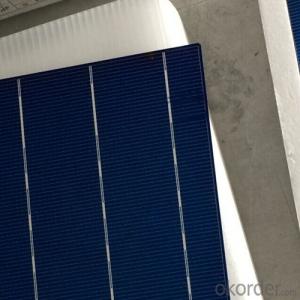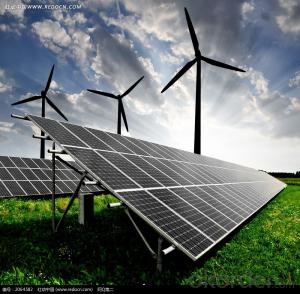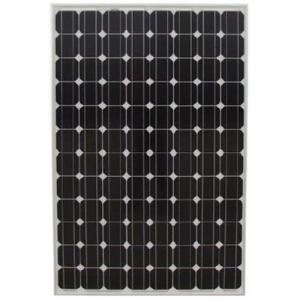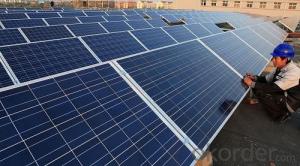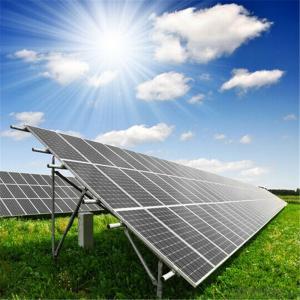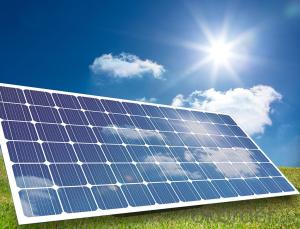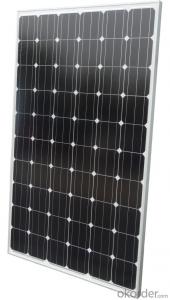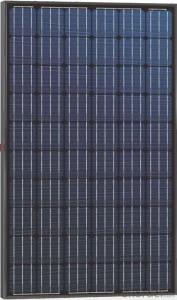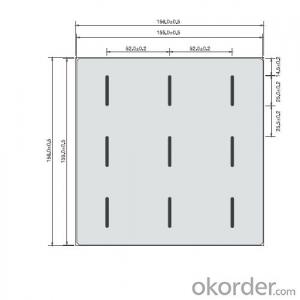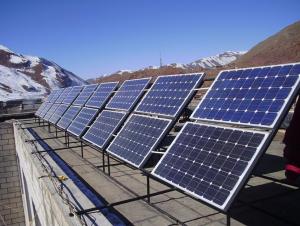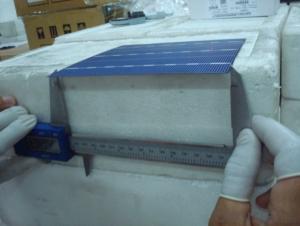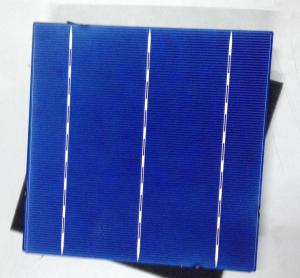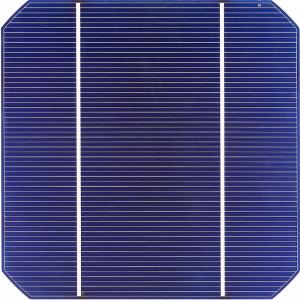Lightweight Solar Cells - High Efficiency Monocrystalline PV Module 250W-260W
- Loading Port:
- China Main Port
- Payment Terms:
- TT or LC
- Min Order Qty:
- -
- Supply Capability:
- -
OKorder Service Pledge
OKorder Financial Service
You Might Also Like
Structure
Solar panel refers either to a photovoltaics (PV) module, a solar hot water panel, or to a set of solar photovoltaics modules electrically connected and mounted on a supporting structure. A PV module is a packaged, connected assembly of solar cells. Solar panels can be used as a component of a larger photovoltaic system to generate and supply electricity in commercial and residential applications.
Features
Nominal 20V DC for standard output.
Out standing low-light performance.
Heavy-duty anodized frames.
High transparent low-iron, tempered glass.
Rugged design to withstand high wind pressure, hail and snow load.
Aesthetic appearance.
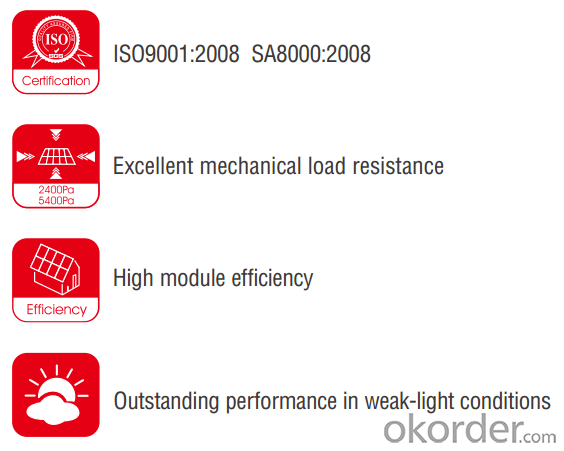
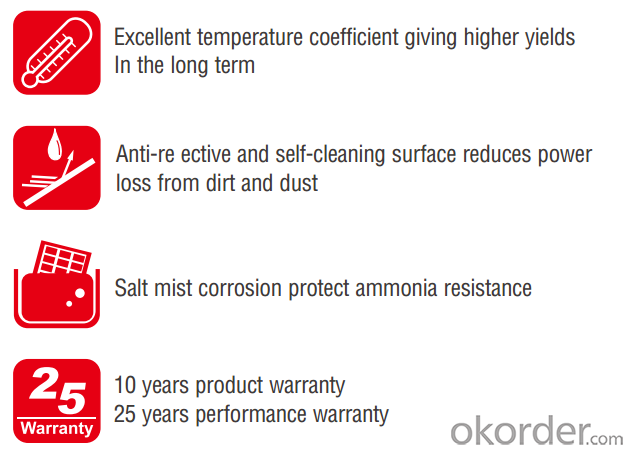
Images
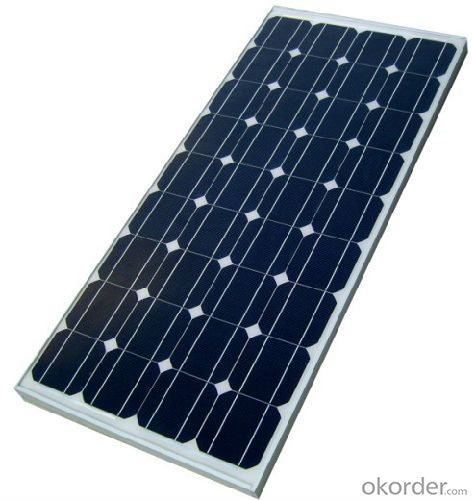
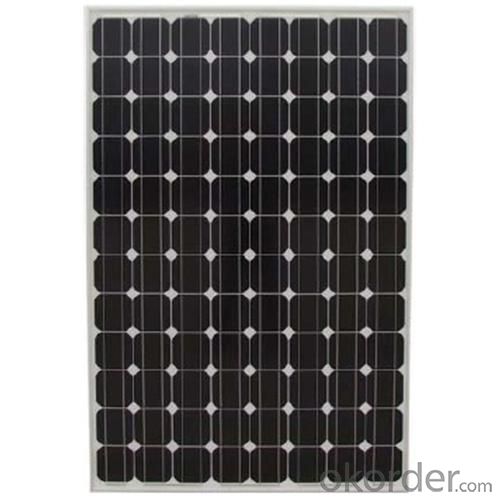
Specification
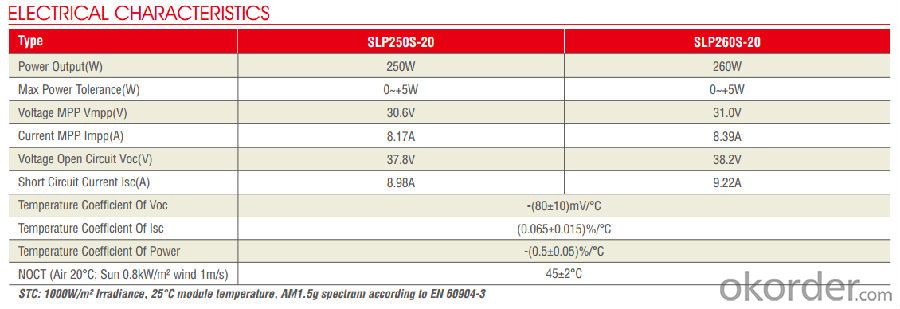

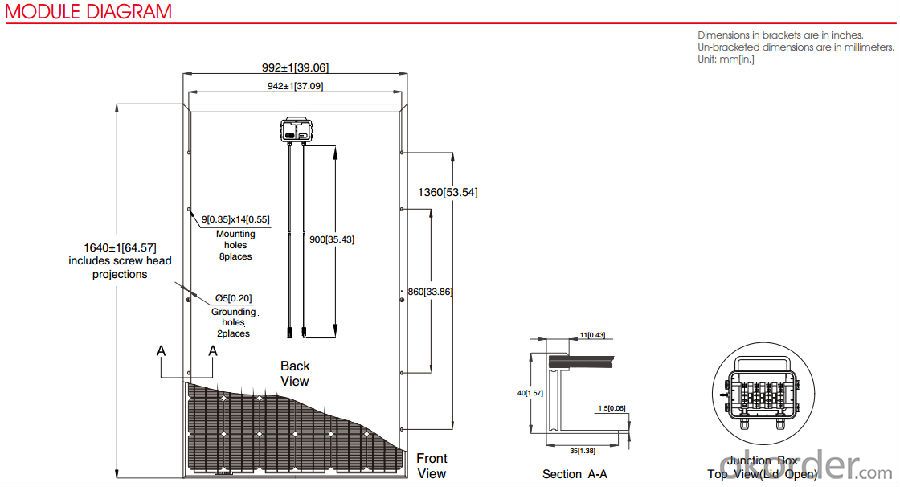
FAQ
Q:How to guarantee the quality of the products?
A:We have established the international advanced quality management system,every link from raw material to final product we have strict quality test;We resolutely put an end to unqualified products flowing into the market. At the same time, we will provide necessary follow-up service assurance.
Q:Can we visit your factory?
A:Sure,welcome at any time,seeing is believing.
Q:Which payment terms can you accept?
A:T/T,L/C,Moneygram,Paypal are available for us.
Q:When did your company set up? How can I believe your quality?
A:We entered into Solar PV industry in 2005, now we have several plants in manufacturing of a-Si and c-Si panels, and our capacity is 220MW per year. Till now we have already passed all the tests by authorized laboratories, e.g. TUV, VDE, UL.
- Q: Can solar cells be used for powering water treatment plants?
- Yes, solar cells can be used for powering water treatment plants. Solar energy can be converted into electricity through photovoltaic panels, which can then power the various processes involved in water treatment, such as filtration, disinfection, and pumping. Solar-powered water treatment plants offer a sustainable and renewable energy solution, reducing reliance on traditional power sources and contributing to a greener and more environmentally friendly approach to water treatment.
- Q: What is the role of combiners in solar cell systems?
- The role of combiners in solar cell systems is to combine the electrical outputs from multiple solar panels into a single circuit, allowing for more efficient utilization of the generated power.
- Q: What is a polycrystalline solar cell?
- A polycrystalline solar cell is a type of solar cell made from multiple small silicon crystals, unlike a monocrystalline solar cell which is made from a single crystal. This manufacturing process makes polycrystalline solar cells less expensive to produce, although they typically have slightly lower efficiency compared to monocrystalline solar cells.
- Q: Can solar cells be used in commercial applications?
- Yes, solar cells can be used in commercial applications. They are commonly deployed in various sectors such as residential, industrial, and agricultural settings to generate electricity from sunlight. Many commercial buildings, factories, and even solar farms utilize solar cells to harness renewable energy and reduce reliance on traditional power sources.
- Q: What do the solar cell suppliers provide once we purchase the order from the solar cells from them.
- The solar cells suppliers might also help you to finish you solar cells installation process, which is considered to be a necessary but valuable service they can provide to the clients.
- Q: Can solar cells be used in data centers or server farms?
- Yes, solar cells can be used in data centers or server farms. They can be employed to generate clean and renewable energy to power these facilities, reducing their reliance on traditional electricity sources and decreasing their carbon footprint.
- Q: Can solar cells generate electricity during a blackout?
- No, solar cells cannot generate electricity during a blackout because they require a connection to the electrical grid to function and supply power.
- Q: Are solar cells weather-resistant?
- Yes, solar cells are weather-resistant. They are designed to withstand various weather conditions such as rain, snow, heat, and cold. However, extreme weather events like hurricanes or hailstorms can potentially damage solar cells.
- Q: What is the role of solar cells in powering off-grid cabins?
- The role of solar cells in powering off-grid cabins is to harness energy from the sun and convert it into electricity. These cells, also known as photovoltaic cells, absorb sunlight and generate a direct current (DC), which is then converted into alternating current (AC) through an inverter. This AC power is used to operate appliances, lighting, and other electrical devices in off-grid cabins, providing a sustainable and renewable source of energy without the need for a traditional power grid connection.
- Q: Can solar cells be used in shopping malls?
- Yes, solar cells can definitely be used in shopping malls. They are a sustainable and environmentally-friendly source of energy that can be integrated into the mall's infrastructure to reduce electricity costs and carbon footprint.
Send your message to us
Lightweight Solar Cells - High Efficiency Monocrystalline PV Module 250W-260W
- Loading Port:
- China Main Port
- Payment Terms:
- TT or LC
- Min Order Qty:
- -
- Supply Capability:
- -
OKorder Service Pledge
OKorder Financial Service
Similar products
Hot products
Hot Searches
Related keywords
